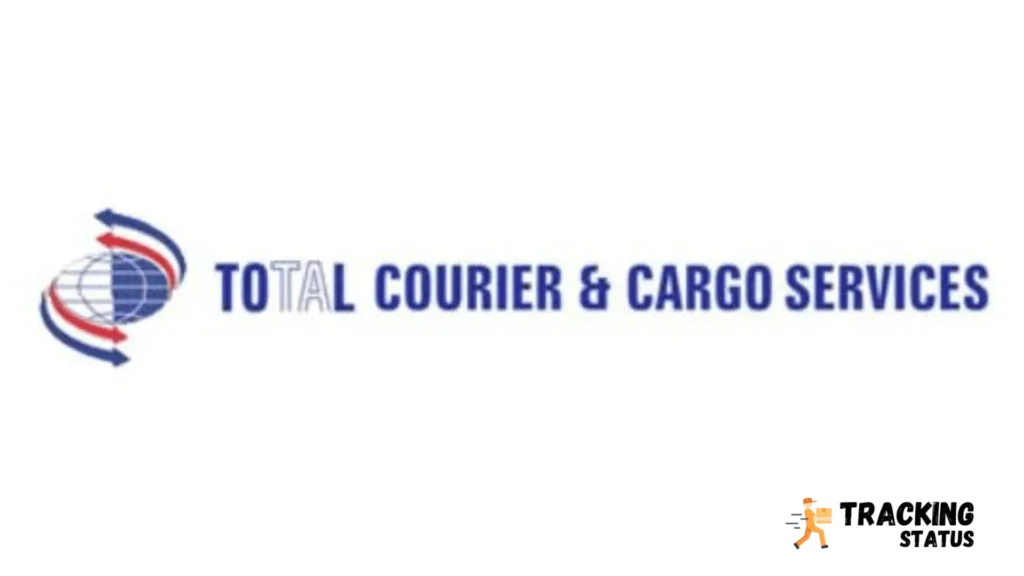In the age of digital transformation, organizations across various sectors are leveraging advanced technologies to optimize operations, improve efficiency, and ensure safety and compliance. One such technology making a significant impact is TCCs, or Tracking Control Centers. TCCs serve as centralized platforms that integrate and manage diverse tracking systems, providing organizations with real-time visibility, control, and actionable insights. This article explores the role of TCCs in tracking and how they are reshaping the landscape of monitoring and management.
1. Introduction to TCCs in Tracking:
A Tracking Control Center (TCC) is a centralized hub equipped with state-of-the-art technology and software designed to monitor, control, and manage tracking systems in real-time. By integrating various tracking devices, sensors, and data sources, TCCs offer organizations a comprehensive and unified view of their assets, operations, and activities, enabling informed decision-making and proactive management.
2. Key Features and Benefits of TCCs
a) Real-time Tracking and Monitoring:
- TCCs enable organizations to track and monitor assets, vehicles, personnel, and other resources in real-time, providing accurate and up-to-date information for improved decision-making, efficiency, and responsiveness.
b) Data Integration and Analytics:
- TCCs integrate data from multiple sources, such as GPS trackers, RFID tags, surveillance cameras, and IoT devices, to create a cohesive and actionable dataset. Advanced analytics and reporting tools further analyze the data to identify trends, patterns, and anomalies, facilitating predictive maintenance, optimization, and strategic planning.
c) Enhanced Security and Compliance:
- TCCs implement robust security measures, including access control, encryption, and authentication protocols, to safeguard sensitive data and ensure compliance with industry regulations and standards.
d) Scalability and Adaptability:
- TCCs are designed to be scalable and adaptable to meet the evolving needs and requirements of organizations, enabling seamless expansion, integration, and customization of the tracking system as the organization grows and changes.
3. Applications and Industries Utilizing TCCs
a) Fleet Management and Transportation:
- TCCs are instrumental in fleet management and transportation logistics, providing real-time visibility into vehicle location, status, and performance. This enables organizations to optimize route planning, reduce fuel consumption, improve driver safety, and enhance overall operational efficiency.
b) Supply Chain and Logistics:
- In supply chain and logistics operations, TCCs help organizations track and manage inventory, shipments, and logistics processes in real-time, enabling better inventory management, order fulfillment, and customer satisfaction.
c) Public Safety and Emergency Services:
- TCCs are essential in public safety and emergency response applications, facilitating the coordination, monitoring, and communication among emergency services, first responders, and disaster management agencies, ensuring timely and effective response to emergencies and crises.
d) Healthcare and Asset Tracking:
- In healthcare and asset tracking, TCCs are used to monitor medical equipment, supplies, and patient movements, enhancing patient care, resource allocation, and operational efficiency while ensuring compliance with healthcare regulations and standards.
4. Future Outlook and Trends
As technology continues to evolve and advance, TCCs are expected to incorporate emerging technologies such as artificial intelligence (AI), machine learning (ML), and blockchain to further enhance tracking capabilities, automation, and data security. This will enable organizations to leverage predictive analytics, autonomous operations, and enhanced security features to drive innovation, efficiency, and competitiveness.
5. Implementing TCCs: Best Practices and Considerations
Implementing a TCC requires careful planning, collaboration, and investment in technology, infrastructure, and training. Organizations should consider conducting a comprehensive needs assessment to identify specific requirements, objectives, and challenges before selecting and implementing a TCC solution. Collaborating with experienced vendors and partners can also help organizations streamline the implementation process, ensure compatibility and integration with existing systems, and maximize the return on investment. Additionally, ongoing training, support, and continuous improvement are essential to maintain the effectiveness, efficiency, and relevance of the TCC solution over time, enabling organizations to adapt to changing business needs, technological advancements, and industry trends. By adopting a strategic and systematic approach to implementing TCCs, organizations can leverage the full potential of this innovative technology to optimize tracking, monitoring, and management processes, drive operational excellence, and achieve sustainable growth and success in today’s competitive and dynamic business environment.

